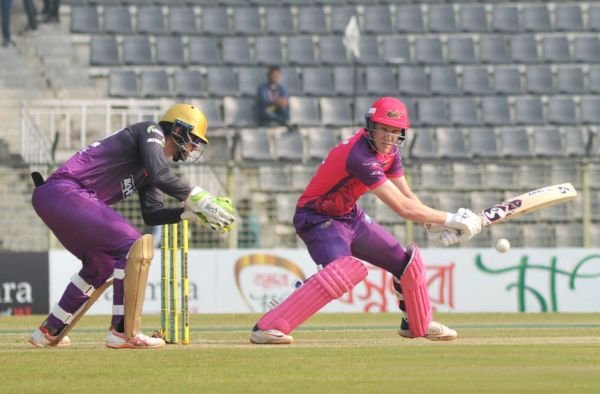The Bangladesh Cricket Board (BCB) has announced a landmark move to introduce a revenue-sharing model for the Bangladesh Premier League (BPL), marking a major shift in how the league’s financial ecosystem operates. For the first time in BPL history, participating franchises will receive a share of the tournament’s ticket sales revenue—a long-standing demand from team owners and a step toward greater financial sustainability.

Why the Revenue-Sharing Model Matters
Addressing Franchise Concerns
For years, BPL franchises have voiced concerns about the lack of direct financial returns from their participation. Unlike global leagues such as the IPL and PSL, the BPL previously did not share profits or ticket revenues with its teams, leaving many struggling to cover costs like player salaries and operational expenses.
Key points driving the change:
- Franchise owners have repeatedly requested a share of tournament profits.
- Financial sustainability for franchises has been a challenge, with prize money often insufficient.
- The new model aims to make the BPL more attractive for current and future investors.
How the New Revenue-Sharing Model Works
Ticket Sales at the Heart
The BCB’s new initiative focuses on distributing a portion of ticket sales revenue among the seven participating franchises. This move comes after a record-breaking season for ticket sales, with digital platforms boosting both sales and transparency.
Ticket sales revenue: Franchises will receive a share based on ticket sales profits.
Digital ticketing: The shift to digital ticketing increased sales and made revenue tracking easier.
Future expansion: While the current model is limited to ticket sales, BCB officials have hinted at expanding revenue sharing to other streams in the future.
Commitment from BCB Leadership
BCB president Faruque Ahmed emphasized the significance of this change:
“This time, we achieved incredible success in ticket sales. Although we couldn’t introduce revenue sharing across all aspects, we will provide franchises with a fair share from ticket sales,” Ahmed stated.
Challenges and the Road Ahead
Ongoing Issues
The BPL has faced criticism over financial management, including non-payment of players and operational disputes. The new revenue-sharing model is seen as a step toward resolving these issues and restoring trust among stakeholders.
Some franchises have struggled with timely payments to players.
The introduction of revenue sharing is expected to improve franchise accountability and morale.
Plans for the Future
The BCB is already working on scheduling the next BPL season to avoid clashes with other global T20 leagues.
There are plans to attract higher-quality foreign players and enhance the league’s global profile.
What This Means for Bangladesh Cricket
The revenue-sharing model is more than just a financial adjustment—it’s a strategic move to align the BPL with international standards, empower franchises, and boost the league’s competitiveness.
Benefits include:
- Improved financial health for franchises
- Increased investment in player development and team infrastructure
- Greater appeal for sponsors and foreign players
FAQs
1. What is the new revenue-sharing model in the BPL?
The BCB will share a portion of ticket sales revenue with BPL franchises, giving them a direct financial stake in the tournament’s success.
2. Why did the BCB introduce this model now?
Record ticket sales and long-standing franchise demands prompted the BCB to implement revenue sharing to ensure franchise sustainability and league growth.
3. Will franchises receive revenue from other sources besides ticket sales?
Currently, only ticket sales revenue will be shared, but the BCB is considering expanding the model to include other income streams in the future.
4. How will this impact player payments and franchise operations?
With a new revenue stream, franchises are expected to be more financially stable, which should improve timely player payments and overall operations.
5. Is this model similar to other T20 leagues?
Yes, the move brings the BPL closer to the revenue-sharing models of leagues like the IPL and PSL, though currently limited to ticket sales.
Conclusion
The BCB’s introduction of a revenue-sharing model for the BPL is a game-changer for Bangladesh cricket. By giving franchises a share of ticket sales revenue, the board is taking a critical step toward financial fairness, improved franchise relations, and a more competitive league. As the BPL evolves, this move is set to benefit players, owners, and fans alike—ushering in a new era for Bangladesh’s premier T20 tournament.